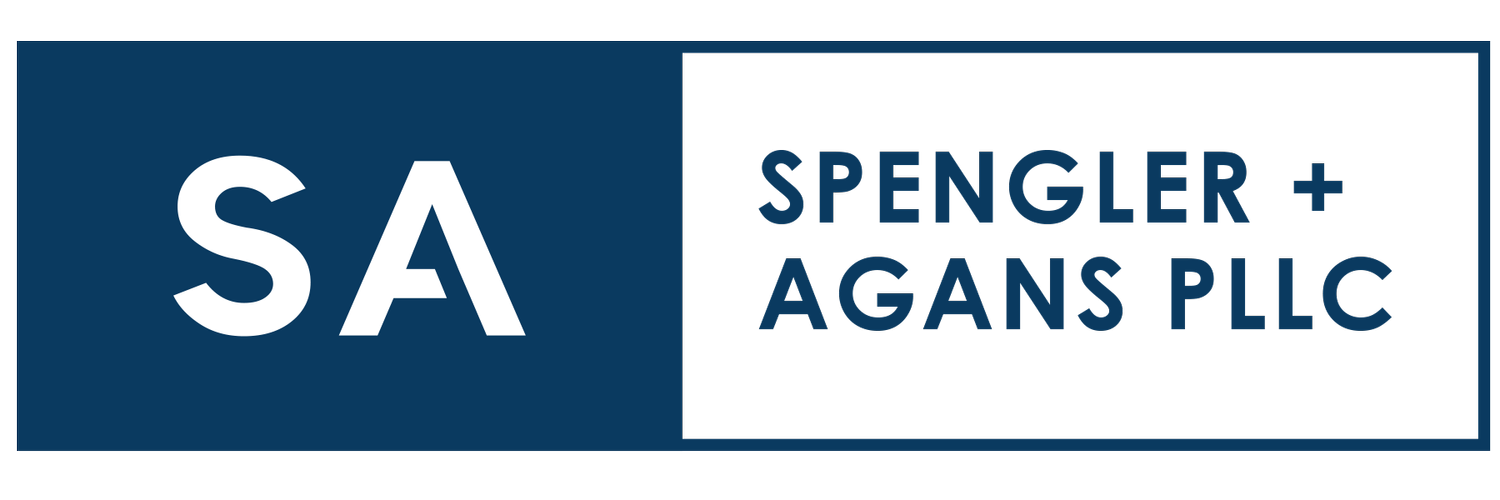Should You Form a North Carolina LLC or a Delaware Corporation?
Many North Carolina entrepreneurs ask whether they should do their startup as a Delaware corporation or as a North Carolina LLC. Here’s a breakdown of pros and cons.
Delaware corporation
Generally: Forming as a Delaware corporation is usually the right answer if you are certain that your startup will need to raise money from venture capital down the road.
Pros
VCs often require this for later funding rounds.
If you start off as a different type of entity, converting to a DE corporation later can be expensive.
When you have multiple founders and want to have vesting, the documentation for starting a Delaware corporation is much more established and easier to both draft and utilize later.
If you want to use equity compensation for key employees, that is easier to do in the context of a corporation, rather than in a LLC.
Cons
It’s more expensive and document heavy to do a corporation than an LLC.
Your startup will need to pay filing and yearly fees for Delaware and NC.
More onerous record keeping than LLCs.
North Carolina LLC
Generally: Forming a North Carolina LLC is the right answer for most companies unless you know you’re going to need institutional funding.
Pros
Tax flexibility. One of the reasons LLCs were created was to allow a business to choose to be taxed as a partnership or a corporation.
LLCs are easier to administer. In short, the record keeping requirements are less tedious.
Cons
It is common for it to be static equity, meaning if you start a business with your friend and you decide to go 50-50 or 75-25, vesting is not as common in LLCs.
Equity compensation for key employees that vests over time is less common in LLCs (although, to be fair, this is changing).
These are just some of the considerations for NC businesses that need to decide whether to form as a North Carolina LLC or a Delaware corporation.
Contact an Attorney at Spengler Agans Bradley
If interested in forming a new business or changing your business entity, contact our attorneys. Spengler Agans Bradley offers a flat-rate legal checkup for startups and business needing a broad, overall legal review of their business and business practices.
To contact us, or to sign up for our newsletter, please visit our Contact page or reach out to the relevant attorney directly through their bio page. In addition, you can find primary contacts for each practice area by visiting our Areas of Practice page.

